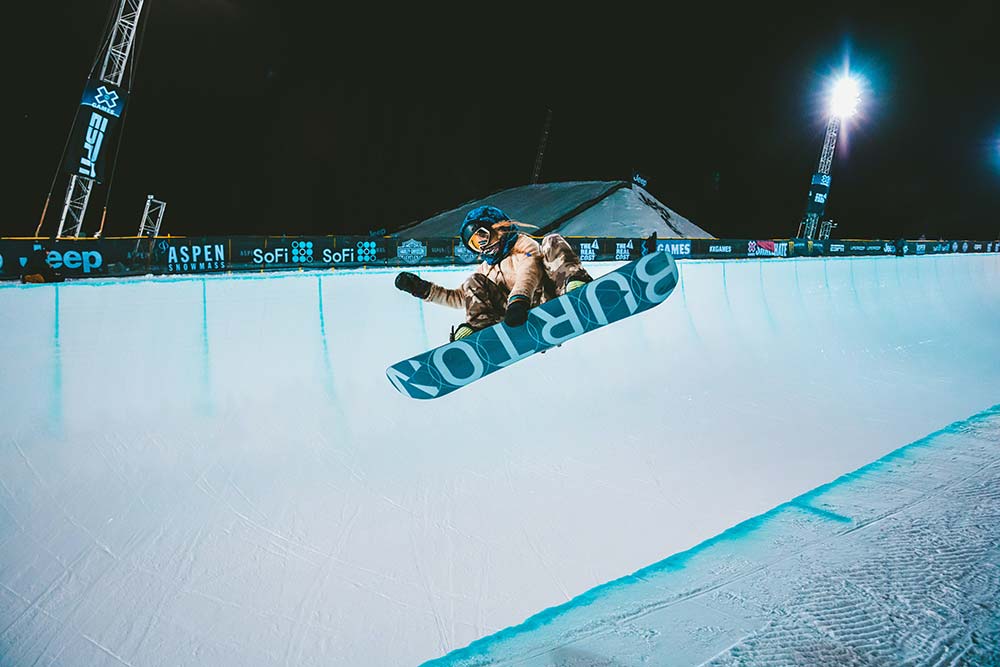Disk Herniation Specialist

Disk Herniation Specialist
The intervertebral disks provide cushion and stability throughout the spine, in the cervical, thoracic, and lumbar regions. Degeneration, “wear and tear” and stresses (including injuries) can result in a disk rupturing out of its normal containment, leading to a disk herniation. Dr. Todd Koppel has over 20 years experience in treating disk herniations. Utilizing a comprehensive and minimally invasive approach, he will devise and implement a plan to diagnose the cause of your back pain. Whether due to a disk herniation, or other ailments, Dr. Koppel has had great success in alleviating his patient’s back conditions and avoiding the need for surgery. Call for an appointment or use the online booking system.
How does a pain management specialist treat neck and back pain due to disk herniations?
Dr. Koppel specializes in minimally invasive therapies for lumbar spine pain, including:
- Epidural steroid injections
- Percutaneous laser disk decompression
- Intervertebral disk regenerative therapy
If a patient’s low back pain does not improve with rest and therapy, a minimally invasive interventional treatment plan can alleviate the condition in most cases.
Dr. Koppel utilizes an evidence based algorithmic approach to determine the cause of the back pain and then works to resolve it.
Have a Question
We offer free consultations for regenerative treatments such as PRPS & Regenerative Cell Therapy
How do disk herniations cause back pain?
The lower back is a complex network of bones, joints, muscles, nerves, and ligaments that make up your lumbar spine from the mid-back to the sacrum. The lumbar intervertebral disks, from L1-L2 to L5-S1, are the largest disks and exposed to the most stress than those in other areas of the spine. Because of this, disk herniations are common, and a common cause of acute and chronic back pain with or without associated leg pain.
The intervertebral disk has an outer annulus fibrosis, which contains the disk and imparts strength, and an internal nucleus pulposus (the inner gel of the disk). Abnormailities to the intervertebral disk can due to disk degeneration (loss of normal water content), chronic inflammation, or annulus disruption. Pressure in the disk or on the spine can result in localized low back pain, and pressure on an exiting nerve can produce pain into the groin, hips, and legs.
Pain from disk hernations can be due to:
- Disk degeneration and loss of disk height
- Repetitive stresses and “wear and tear”
- Chronic work and lifestyle stresses
- Disk disruption after a sports injury or car accident
- Pinched nerves in your lumbar spine
- Pressure exerted on the spinal column
Dr. Koppel evaluates your condition and examines your lumbar spine so he can accurately diagnose the underlying causes of your low back pain and prescribe effective, minimally invasive treatments.
How do you diagnose a disk herniation?
Depending on your condition, Dr. Koppel may recommend any combination of testing to fully understand your low back pain. These diagnostic tests often include:
- Complete physical exam
- Magnetic Resonance Imaging (MRI)
- Electromyography (EMG)
- Comprehensive interventional approach: guided diagnostic nerve block therapy
Dr. Koppel has successfully treated thousands of patients with neck and back pain due to disk herniations utilizing state of the art minimally invasive conventional and regenerative modalities.
